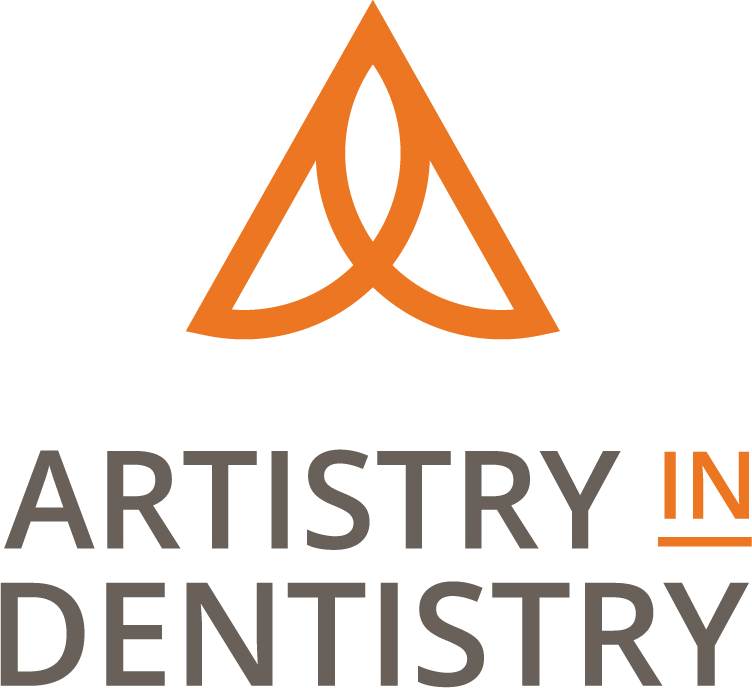
Insurance by definition is the act, system, or business of insuring property, life, one’s person, etc., against loss or harm arising in specified contingencies, as fire, accident, death, disablement, or the like, in consideration of a payment proportionate to the risk involved.
Many times we ask our patients if they understand how their Dental “insurance” works and the answer is no. When you consider the definition of insurance, Dental “insurance” really isn’t what it implies. In actuality, it’s a contract, usually between your employer and a 3rd party payor. If a patient needs dental treatment their benefit will pay a certain amount each year for procedures that are specified by the contract. So, rather than insurance, it’s more like a dental coupon good for the maximum benefit specified by your contract and only good for procedures specified by the contract.
Unfortunately, too many patients make their dental treatment decisions based on what their “insurance” will cover. News flash; the insurance company isn’t interested in your dental health. Their primary interest is in only paying what is specified in the contract and only up to the maximum dollar amount allowed and no more. What is important for patients to understand is that their dental health and the need for treatment should not be determined by what dental benefits they have.
Medical patients in general, don’t give much thought to the cost of treatment because when you visit a doctor or hospital you have a reasonable expectation that whatever you are having done will be covered by your medical insurance once you have met your deductible. You’re not worried about maximums or what percent they will pay. Rarely is there a conversation about what the cost of your medical visit is.
On the dental side of this, almost every patient is concerned about the fee for the procedure and what their “insurance” will cover. As a result, patients will choose to postpone necessary treatment simply because of cost or because their dental benefits have “run out” for the year or because a procedure isn’t covered. In many cases, choosing to wait on dental treatment can lead to the need for more treatment, therefore more expense for the patient and not the insurance company.
It’s important for patients to understand their “insurance”, dental and medical. We encourage you to be aware of your deductibles, percentages, maximums, and what’s covered and what’s not covered. It’s even more important though, not to let your dental benefits dictate your treatment decisions.
Call our office today if you have questions about your dental benefits. We’re happy to help you!

